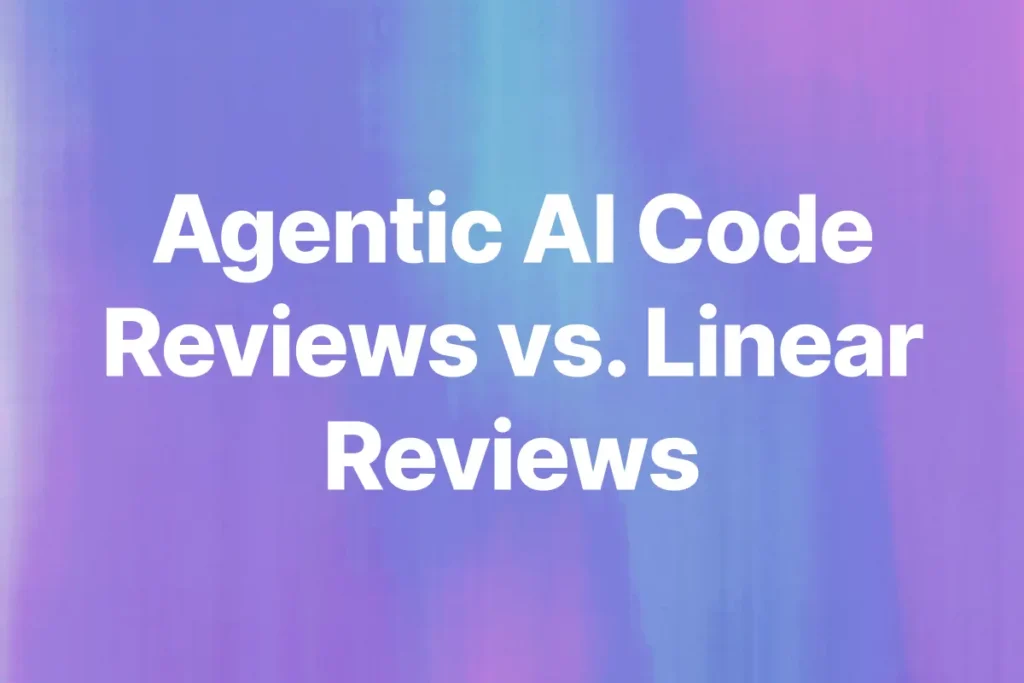Hold on to your hats, because technology is evolving faster than ever before! It’s no secret that artificial intelligence (AI) is already a major player in the software development game. With AI-assisted software, developers can automate crucial aspects of the development cycle, from designing and coding to testing and deployment.
But let’s not get too caught up in the excitement just yet. While the possibilities with AI-assisted development are endless, we can’t forget about the ethical implications of designing and developing this powerful technology.
I. The need for ethical principles in AI-assisted development
AI-assisted development has far-reaching implications and needs to be handled responsibly.
- Risks and implications of AI-assisted development: AI-assisted development cannot be left to its own devices, as ethical considerations must be taken into account and integrated into the development cycle. Unethical AI-assisted development could lead to dangerous consequences and can even result in serious violations of people’s rights and freedoms.
For example, AI-assisted software that is designed to track criminals or suspects risks infringing upon their privacy, or lead to bias or discrimination. As such, ethical principles should be developed and integrated into AI-assisted development.
- Fairness, transparency, and accountability: To ensure that AI-assisted development is ethical, developers must be aware of the potential risks and implications of their work. They should consider ethical principles such as fairness, transparency, and accountability when designing and implementing AI systems. This will ensure that the systems are unbiased, explainable, and answerable to society.
- Potential consequences: Developers must also be aware of the potential for their work to be used for malicious purposes, such as cyber attacks or invasion of privacy. To prevent this, they need to take steps to ensure that their work is not used for such purposes. By doing so, they can contribute to a society where AI-assisted development is ethical and responsible.
II. Identifying ethical considerations for AI-assisted software development
When designing and developing AI-assisted software, certain ethical considerations should be taken into account. These include:
- Fairness
- Accuracy
- Transparency
- Privacy of the software
- Overall impact on society
Software developers should consider the potential risks and implications of unethical AI-assisted software. Imagine the horror of discrimination against vulnerable populations or the invasion of privacy by tracking people’s movements without their knowledge! Therefore, it’s imperative to be mindful of the ethical implications of developing AI-assisted software.
But wait, there’s more! On the bright side, ethically developed AI-assisted software has the potential to provide more accurate and unbiased information.
- Potential benefits of ethically developed AI-assisted software It is important to ensure that AI-assisted software is developed with ethical considerations in mind. This includes taking into account the potential for bias in the data used to train the software, as well as the potential for the software to be used for malicious purposes.
- Manipulation and exploitation Developers should consider the potential for the software to be used to manipulate or exploit vulnerable populations. By taking these considerations into account, developers can ensure that their AI-assisted software is developed in an ethical and responsible manner.
III. Establishing a framework for ethical decision-making in AI-assisted development
In order for AI-assisted software development to be ethical, it must adhere to a set of standards and guidelines.
Developers can’t just wing it when it comes to ethics. They need to have a clear set of standards and guidelines to ensure that their software aligns with ethical principles. That’s where ethical decision-making frameworks come in.
These frameworks should consider potential biases and conflicts of interest, as well as the impact that the software could have on vulnerable populations. Developers should also anticipate potential risks and be transparent in their decision-making process. This will help prevent any unintended negative consequences that could arise from using their software.
But it doesn’t stop there! Developers also need to consider the impact of their software on the environment, as well as the potential for misuse or abuse of the technology. They should ensure that their software is designed to be accessible to all users, regardless of their physical or cognitive abilities.
Last but not least, developers need to create software that is secure and resilient to malicious attacks. This will help prevent any breaches of privacy or other negative consequences that could arise from using their software.
So, if you’re passionate about ensuring that AI-assisted software development is ethical, incorporating ethical decision-making frameworks is the way to go!
IV. Analyzing the potential risks and implications of unethical AI-assisted development
- Discrimination in AI-assisted software: Unethical AI-assisted software can have serious repercussions, such as violating people’s privacy or discriminating against vulnerable populations.
- Analysis of potential risks: Developers should carefully analyze the risks of their software prior to launching it. This includes considering whether the software has the potential to violate privacy or discriminate against members of society.
- Vulnerable communities: Additionally, developers should take into account the impacts that their software may have on vulnerable communities, such as those with lower income levels or minorities.
Developers should also consider the potential for AI-assisted software to be used for malicious purposes. Just imagine your creation being used to manipulate public opinion or spread false information. But fear not, because you have the power to prevent this from happening! As a developer, it’s crucial to be aware of these risks and take necessary steps to mitigate them.
Transparency and accountability are key in ensuring your software is not used for evil deeds. By making your software transparent, users can understand how it works and how their data is being used, which will help build trust and prevent any misuse.
So, fellow developers, let’s join hands to create AI-assisted software that is not only innovative and groundbreaking but also ethical and trustworthy!
V. Examining the potential benefits of ethically developed AI-assisted software
Despite the potential risks associated with AI-assisted software, there are also numerous benefits that arise from ethically developed AI software.
Ethically developed AI-assisted software has the power to revolutionize accuracy, transparency, and privacy, which are indispensable in today’s world. Moreover, it can serve as a beacon of hope by shedding light on how our society is progressing. By adhering to ethical standards, developers can ensure that their software is providing meaningful benefits for society.
With AI-assisted software, we can bid farewell to mundane tasks that consume our time and resources. For instance, tasks such as data entry can be automated, freeing up resources for more complex tasks. That’s not all! AI-assisted software can analyze large volumes of data quickly and accurately, helping identify trends and patterns invisible to the human eye. This, in turn, can inform better decision-making and provide valuable insights into how to tackle problems effectively.
So, let’s embrace the power of AI-assisted software and unlock its full potential, all while keeping ethical considerations at the forefront of our minds.
VI. Assessing the impact of ethical AI-assisted software on society
Ethical AI-assisted software has the potential to dramatically improve people’s lives by providing assistance and insights into complex tasks. In addition to providing assistance in tasks such as data analysis and decision making, ethically designed AI-assisted software can also provide real-world benefits such as improved access to education, healthcare, transportation and other services. Developers should take these impacts into account when designing such software.
VII. Developing best practices for ethical AI-assisted software development
Developers should strive to create best practices for ethical AI-assisted software development.
- Standards for transparency: These practices should include standards for transparency and accuracy, as well as methods for assessing potential risks and implications of their work.
- Standards for accuracy: Developers should strive to make sure that their software takes into consideration the impacts it may have on vulnerable populations. Finally, they should strive to make sure that their work promotes responsible access to technology.
- Intuitive and easy-to-use user interfaces: Developers should also ensure that their software is designed to be accessible to all users, regardless of their level of technical knowledge. This includes making sure that the user interface is intuitive and easy to use, as well as providing clear instructions and documentation.
- Secure and reliable: Developers should strive to create software that is secure and reliable, and that is designed to protect user data and privacy. By following these best practices, developers can ensure that their AI-assisted software is ethical and beneficial to all users.
VIII. Exploring strategies to ensure responsible use of AI-assisted software
Are you curious about how we can ensure the responsible use of AI-assisted software? As developers continue to innovate and create new technologies, it’s important that we prioritize accountability and transparency in order to protect consumers. That’s why exploring strategies like usage tracking and auditing can help hold users accountable for their actions while using these powerful tools.
But it’s not just about monitoring usage – we also need to make sure that consumers fully understand what data is being collected and how it’s being used. By providing transparency, we can build trust with users and empower them to make informed decisions about their privacy.
Looking Ahead: The Future of Ethical AI-Assisted Software Development
AI-assisted software is the next big thing that is rapidly emerging and is about to take the world by storm! However, with great power comes great responsibility. It is important to consider ethical considerations throughout the development cycle to ensure that this technology is used in a responsible manner.
Developers have a crucial role in creating best practices for ethical AI-assisted software development and exploring strategies to ensure that this technology is used in a responsible and ethical manner. So, let’s work together to build a better future for all by responsibly harnessing the power of AI-assisted software!






